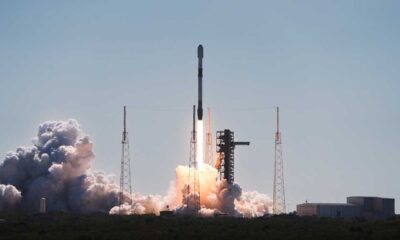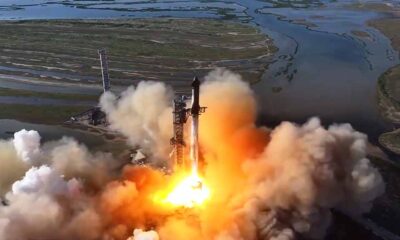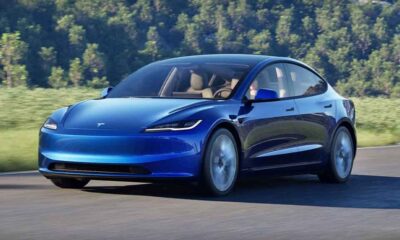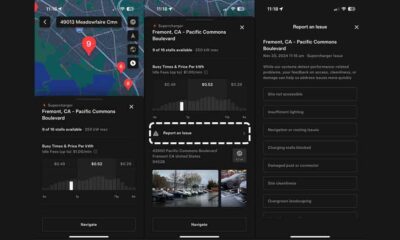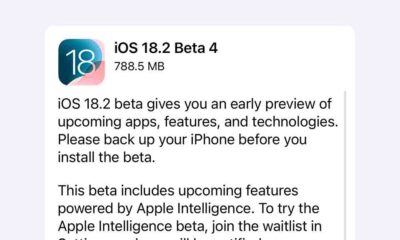News
LG Chem announced $820 million investment for battery cathode factory in the US
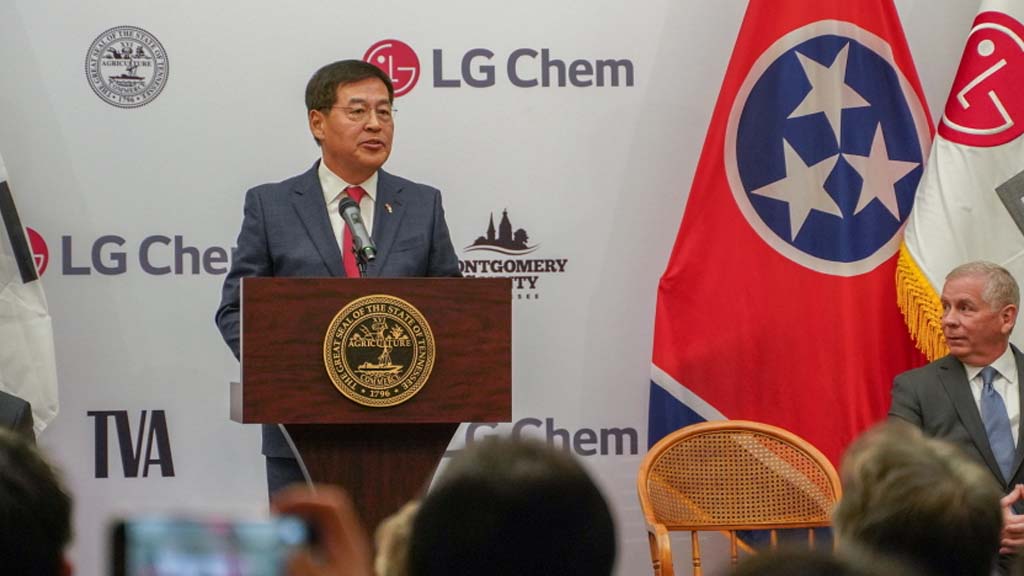
South Korea’s LG Chem announced on Friday an investment of $820 million to build a battery cathode material factory in the U.S., specifically the facility will reside inside the state of Tennessee.
The latest move is in line with LG Chem’s roadmap to invest over $3 billion through 2027 to build a battery cathode factory in Tennessee in the wake of growing demand for electric vehicle (EV) components.
Last year, LG signed an MOU with the state of Tennessee to establish a new cathode manufacturing facility in Clarksville with an investment of $3+ billion.
The facility covers 420 acres with a production target of 120,000 tons of cathode material annually by 2027 to power batteries in 1.2 million pure EVs with a range of 310 miles (500 km) per charge.
LG Chem is aiming the construction in the first quarter of next year and mass production in the second half of 2025.
The Tennessee facility is projected to increase LG Chem’s battery materials business including cathode material from KRW 5 trillion in 2022 to KRW 20 trillion by 2027.
The new facility will produce advanced NCMA cathode materials including nickel, cobalt, manganese, and aluminum for next-generation EV batteries with improved battery capacity and stability.
According to the results, LG Chem posted 5 trillion won in revenue in the battery and materials business including anode materials in 2022.
NCMA cathode materials are among the most critical ingredients for determining the battery capacity and life of electric vehicles. The Tennessee plant will have the capability to produce over 10,000 tons of cathode material per line.
The battery material maker has plans to increase annual revenue to 20 trillion won by 2027 with its new plant in the US.
As previously, LG Chem filed a deal with Toyota’s North America arm for cathode materials worth 2.8 trillion won until 2030.
(Source – Yonhapnews)

